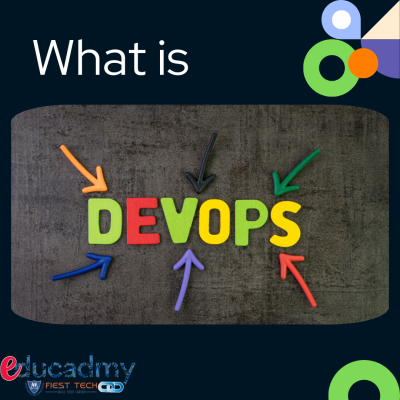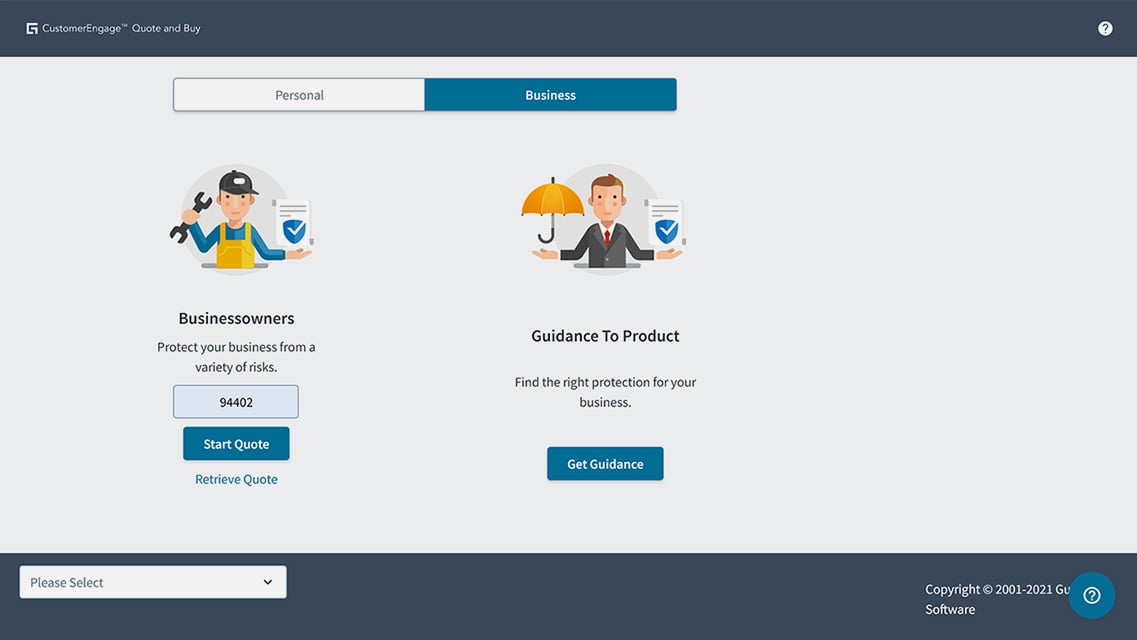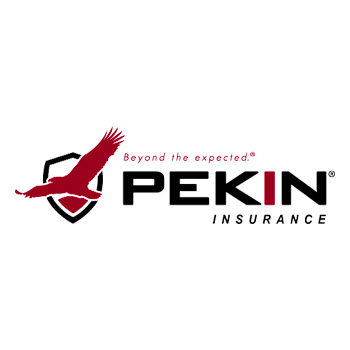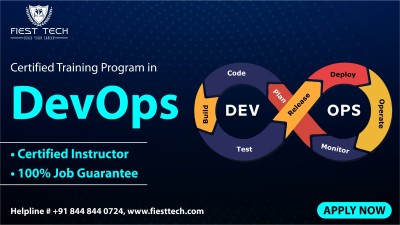DevOps training equips professionals with the skills needed to implement collaborative and automated practices in software development and IT operations. The adoption of DevOps leads to improved efficiency, faster delivery, and enhanced career opportunities for individuals in the IT industry.
Key Components of DevOps Training:
Collaboration: DevOps emphasizes collaboration and communication between development and operations teams. Training focuses on fostering a culture of shared responsibility and effective teamwork.
Automation: DevOps heavily relies on automation to streamline processes and eliminate manual errors. Training covers tools for continuous integration, continuous deployment, and infrastructure as code.
Continuous Integration/Continuous Deployment (CI/CD): CI/CD pipelines automate the building, testing, and deployment of software, enabling faster and more reliable releases. DevOps training often includes hands-on experience with CI/CD tools.
Infrastructure as Code (IaC): IaC involves managing and provisioning infrastructure through code, allowing for consistent and repeatable deployments. Training covers tools like Terraform and Ansible for IaC.
Monitoring and Logging: DevOps training includes monitoring tools to track the performance of applications and infrastructure. Logging practices are also covered to facilitate efficient troubleshooting and debugging.
Usage in IT:
Accelerated Delivery: DevOps practices enable faster and more frequent software releases, reducing time-to-market and allowing organizations to respond quickly to changing business requirements.
Improved Collaboration: By breaking down silos between development and operations, DevOps fosters better collaboration, leading to increased efficiency and better problem-solving.
Enhanced Quality: Automation in testing and deployment processes ensures a higher level of consistency and reliability in software releases, reducing the likelihood of defects reaching production.
Increased Scalability: DevOps practices facilitate the dynamic scaling of infrastructure, allowing organizations to respond seamlessly to changes in demand without compromising performance.
Cost Savings: Automation and efficiency gains in development and operations lead to cost savings over time. DevOps helps organizations optimize resource utilization and minimize downtime.
Career Advantages:
In-Demand Skills: DevOps professionals are in high demand as organizations increasingly adopt DevOps practices. Training in DevOps enhances one's skill set and employability.
Competitive Salaries: Due to the high demand for DevOps expertise, professionals in this field often command competitive salaries.
Career Progression: DevOps roles often provide opportunities for career growth, including positions such as DevOps Engineer, Release Manager, and Site Reliability Engineer (SRE).
Versatility: DevOps skills are transferable across various industries and technologies, offering professionals the flexibility to work in diverse environments.
Continuous Learning: DevOps is a dynamic field with evolving tools and practices. Those in DevOps roles often engage in continuous learning to stay updated on the latest technologies and methodologies.







Write a public review